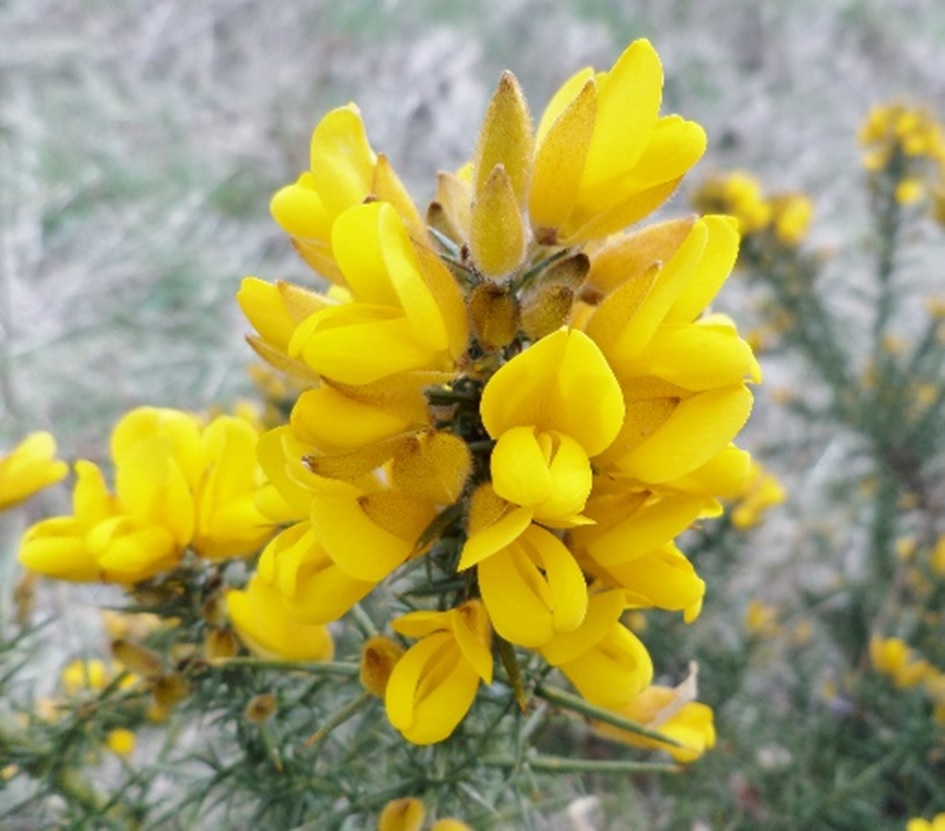Word Nerd: 4 words for mindfulness on International Earth Day 2020
22 Apr
It should not take a crisis to shock and center us, but if the mythic tradition is to be believed, that’s exactly what we need. We have all become familiar with the good news emerging from COVID19 – altruism in the times of disaster, signs of nature restoring itself, even as we cope with the numbers.
In this context, on International Earth Day 2020, we look for to nature for inspiration – to teach us resilience and hope. She gives us these 4 words from her millions.
Furze

A shrub with yellow flowers in spring, it is native to North Africa and Western Europe. It is a common name for gorse and heaths. The plant needs very little to thrive and is used for reclaiming waste land. Why? Because furze can settle in and fix the soil’s nitrogen therefore prepping the land for other plants.
Another fascinating fact about this humble wildling species is how it responds to fire. It is highly flammable but it can regenerate quickly from stumps. The very image of resilience.
Glisk (Scots)

Not a word listed in the Oxford English Dictionary, glisk is a Scots words. It means glimpse, gleam or a brief instant. Glisk can also act as a verb to mean ‘to catch a glimpse’ or ‘take a look.’
On Twitter, where well-loved nature writer, Robert MacFarlane often shares a word for the day, he defined the meaning as… “Sunlight glimpsed through a break in the clouds; a fleeting glance at a glittering sight; a sudden flash of hope in the heart.”
Isn’t this beautiful?
Example: A glisk of gold over the mountain as the night is passing away.
Caesura
 Caption: Photo by Suliman Sallehi from Pexels
Caption: Photo by Suliman Sallehi from Pexels
The root of the word is the Latin ‘caes’ which means cut or hewn. In modern poetry, it means a pause in the middle of a line. When reading or listening to poetry (or music), the caesura gives us a chance to consider the information we have already been given. It is an opportunity to reflect.
Cedar

Trees which yield fragrant, durable timber. It is also well known for its essential oil that is widely used. The cedar forest is also the ancient forest of the gods in Mesopotamian myth. Here is more context from MacFarlane, for us to consider: “In the Epic of Gilgamesh (composed c. 1800 BC), Gilgamesh travels to the Cedar Forest to cut down its greatest trees. It is the forest of world literature & the first to suffer human feeling.”
***
Are there words that you think we might have missed?
Email us or drop a comment below!
Check out other Word Nerd stories here.

No comments yet